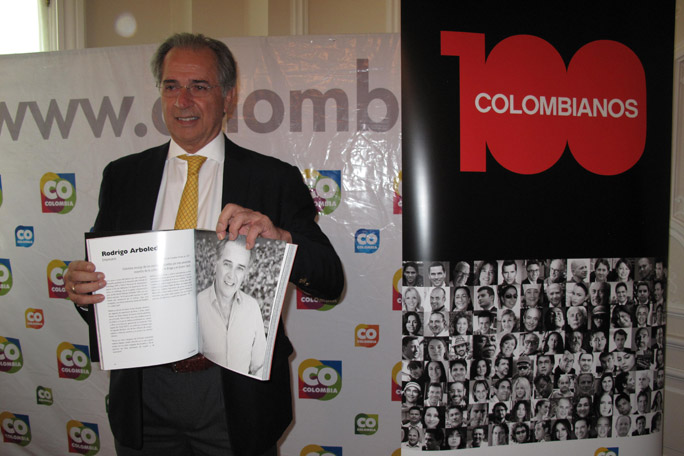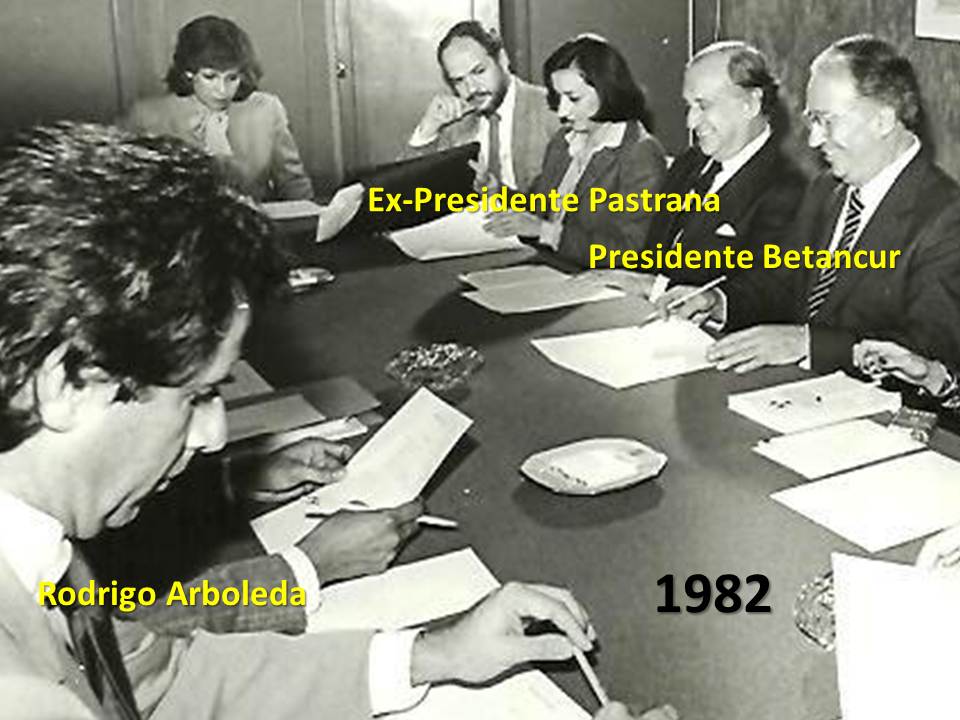Del original publicado por ANSPE.
Transformando es un proyecto de innovación social que consistió en empoderar a los niños y a las niñas de  las familias de la Red Unidos de ChÃa como agentes de cambio social. Este objetivo se logró a través de una estrategia integral que incluyó la distribución de un computador portátil XO de OLPC (One Laptop per Child) a cada niño y/o niña participante, el uso de videojuegos para el cambio y la participación virtual y presencial en espacios de aprendizaje en los que los niños y las niñas aportaron al proceso de superación de la condición de pobreza extrema de sus familias.
Este proyecto se gestó entre la Agencia Nacional para la Superación de la Pobreza Extrema- ANSPE, a través de su Dirección deInnovación Social, One Laptop per Child -OLPC y la AlcaldÃa de ChÃa, quienes se aliaron para poner en marcha esta iniciativa orientada a generar un alto sentido de apropiación comunitaria por parte de los niños, las niñas y sus familias, pertenecientes a la Red Unidos del municipio de ChÃa.
El proceso inició con una etapa de ideación a partir de un reto de innovación: ¿Cómo empoderar a los niños y las niñas como agentes de cambio usando las herramientas tecnológicas para ayudar a sus familias a superar su condición de pobreza extrema?
Luego se avanzó en la etapa de los prototipos, donde se diseñó una metodologÃa multiestrategia y se desarrollaron contenidos digitales a través de videojuegos con el enfoque de â€juegos para el cambioâ€[1].
Posteriormente se realizó la fase de pilotaje, a la que se unió ChÃa, un municipio de avanzada, cuyo lema en el Plan de Desarrollo es ser un territorio inteligente e innovador; además de una Zona Libre de Pobreza Extrema.
En este momento crucial se pusieron en marcha las estrategias planteadas con las familias de la Red Unidos del municipio, con el objetivo de empoderar a los niños y niñas de 7 a 13 años como agentes de cambio dentro del proceso de corresponsabilidad familiar para superar las trampas de la pobreza.
Fueron nueve (9) meses de trabajo con los niños, las niñas y sus familias en los cuales se desarrollaron múltiples encuentros presenciales que involucraron a todos los participantes en la estructuración de proyectos que harÃan realidad los aprendizajes adquiridos. Igualmente, durante la ejecución del proyecto, los niños y niñas jugaron los tres videojuegos diseñados especialmente para facilitar el aprendizaje de logros relacionados con las dimensiones de nutrición y dinámica familiar.
En este contexto también se incluyó el uso de mensajes de texto y de un portal web que permitió la participación y la interacción de los niños, las niñas y las familias. Otra de las actividades a destacar fue el desarrollo de cinco videojuegos por parte de los niños beneficiarios en el marco de los talleres de programación, realizados con el acompañamiento de expertos en el tema.
¿Qué logramos?
Gracias a este proyecto se logró generar una cultura de uso de las nuevas tecnologÃas al interior de cada hogar. De la misma manera, se obtuvieron importantes aprendizajes relacionados con la dinámica familiar: la importancia del diálogo,  no lastimar fÃsicamente, compartir más tiempo en familia, comunicar lo que se siente y lo más relevante, las familias conocieron las rutas y estrategias para prevenir y enfrentar el abuso sexual infantil.
Respecto a la nutrición, los participantes adquirieron mejores hábitos de manipulación de alimentos y aumentaron el consumo de frutas y verduras.
Una vez finalizado el proyecto también se generó por parte de los beneficiarios, un mayor interés en acceder a la oferta cultural, recreativa y deportiva del municipio. En este contexto los niños y niñas actuaron como agentes de cambio, pues por primera vez en el municipio de ChÃa se desarrolló un Concejo de niños y niñas en el que presentaron sus propuestas, las cuales se materializaron, en cuatro (4) proyectos: 1. El gran dÃa: espacio de juego e integración familiar, 2. Ruta temática en bicicleta: pedaleemos en contra del maltrato infantil; 3. Fútbol Convivencia: campeonato para promover la convivencia en el fútbol y 4. Nutriteatro: TÃteres para la nutridiversión.
Sin embargo, para las familias el resultado más importante fue la  Unión Familiar que se generó a través de estrategias que mejoraron la comunicación y la resolución de conflictos en el interior del hogar. Este proceso fue facilitado por el uso de las tecnologÃas que aumentaron las posibilidades para compartir y aprender en familia.
Cabe resaltar que se logró un nivel de participación en los encuentros presenciales, del 73% en niños y niñas, y del 64% en los padres de familia, con un 94% de permanencia de las familias en el proyecto.
¿Qué aprendimos?
Hay muchos aprendizajes por retomar y difundir; uno de ellos es la apropiación comunitaria como clave para la sostenibilidad de los proyectos sociales. No solamente se trata del importante impacto que tiene el trabajo con los niños y las niñas para el proceso de superación de la pobreza extrema, sino también la incidencia que genera el uso de las tecnologÃas para democratizar el acceso al aprendizaje. Un ejemplo de ello es que los niños se convirtieron en maestros de los adultos para el acercamiento a la tecnologÃa.
El juego desde un entorno digital (videojuegos), y un entorno fÃsico (la lúdica en los encuentros de aprendizaje), conectó a los participantes de todas las edades con los objetivos del proyecto generando co-responsabilidad y apropiación comunitaria, aspectos claves para la sostenibilidad de los proyectos sociales.
¿Qué sigue?
La AlcaldÃa de ChÃa, a través de la SecretarÃa de Desarrollo Social, decidió dar continuidad al proyecto como una estrategia que permite promover la participación de los niños, las niñas y las familias Unidos.
Finalmente, pensar en el escalamiento como fase siguiente, implica retomar las lecciones aprendidas de esta experiencia, llevarlas a otros contextos que estén en el camino de convertirse en Zonas Libres de Pobreza Extrema y potenciar estrategias que rompan cÃrculos viciosos de la pobreza desde la participación de los niños y las niñas.
PARA MAYOR INFORMACIÓN
Video documental del proyecto:
Página Web: http://www.transformando.gov.co/
Facebook:Â https://www.facebook.com/ChiaTransformando
Casos de éxito (blog): http://transformandoxo.wordpress.com/
SugarCamp ChÃa:Â http://app.eltiempo.com/#colombia/otras-ciudades/en-chia-crean-videojuegos-para-superar-la-pobreza/14263236
CONTACTOS:
| AURA ESTELA MORA MONTERO
Tel: 3123215851 One Laptop per Child |
JUAN FELIPE YEPES
Tel: 3102541339 ANSPE– Centro de Innovación Social
|








